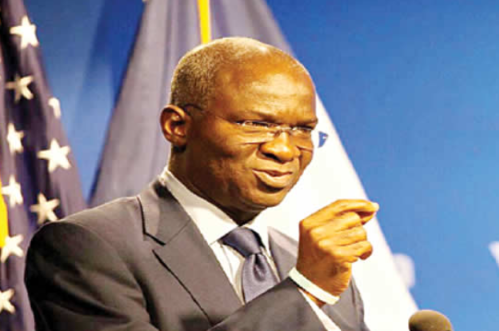The Chinese currency, known as the yuan has registered significant gains in value against U.S. dollar, firming up to 7.1385 in the market for foreign exchange. This is a sign of growing confidence in China’s outlook for the economy and signals the proactive measures taken by financial authorities to help stabilize the currency despite the global economic crisis.
Analysts believe that the recent appreciation is the result of targeted intervention and market direction from China’s central bank authorities. With a firmer central parity rate regulators are likely to limit the risk of speculation in trading and to maintain the stability of exchange rates. Central parity serves as the midpoint of the daily trading of yuan-dollar is a major factor in influencing investor sentiment as well as the volatility of the forex market.
The stronger yuan arrives in a time where many emerging markets are struggling with weak currencies due to the strong U.S. dollar and shifting global interest rates. For China the country, a stronger local currency will help lower import prices and reduces inflation pressure and provide economic stability to international and domestic observers.
Although exporters might be feeling a little stingy because of the squeezed margins in foreign markets, importers and companies with debt that is in dollars could gain from the strength of the yuan. It is also viewed as part of a larger effort to increase the confidence of investors and to attract foreign capital during the second quarter in the calendar year.
Market analysts will be monitoring the central bank’s activities, U.S. Federal Reserve policy-making decisions, and other crucial Chinese economy indicators which may affect future movements. At present, the rise in the yuan’s value is evidence of China’s desire to maintain the balance of its financial system, while also navigating an uncertain global economic landscape.
















